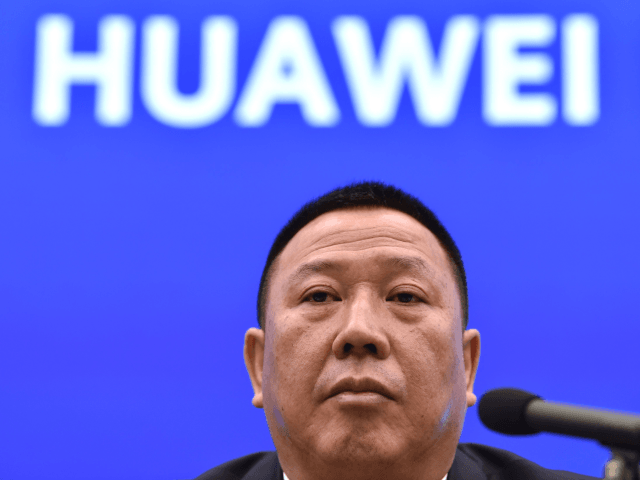China’s Huawei telecom corporation filed a motion in U.S. district court on Tuesday asking for summary judgment against the 2019 National Defense Authorization Act (NDAA), which banned federal agencies and contractors from using Huawei equipment. Hearings have been scheduled for September.
The 2019 NDAA included a provision that banned government agencies from using equipment that could pose a national security risk. The act specifically named Huawei and ZTE as banned telecom providers, along with three Chinese companies that provide surveillance equipment.
Huawei filed a lawsuit against the federal government in March arguing the NDAA ban is an unconstitutional “bill of attainder” that targets an individual or corporation for punishment without due process. In essence, Huawei accused Congress of usurping the powers of the judiciary. If the court rules in Huawei’s favor, it could throw out the section containing the ban while leaving the rest of the National Defense Authorization Act in place.
Huawei’s lawyers attempted to speed up the process on Tuesday by requesting a summary judgment in the case from the Eastern District of Texas. Such a judgment would probably take several months to render, but would still be much faster than a full trial. There is some irony to be found in the Chinese corporation seeking to avoid a trial when its entire argument against the NDAA boils down to demanding a trial instead of summary judgment by Congress.
Huawei’s top legal officer Song Liuping claimed on Tuesday the U.S. government ban on the company’s products is “dangerous” because Congress “disregarded facts and evidence.”
“It is speculation and political reasons. Based on speculation and political reasons without facts and evidence, they have imposed the most severe sanction on a company,” Song told CNBC.
Song repeated the constant insistence from Huawei representatives that the company is entirely independent of the Chinese Communist government.
“We only hope to win over customers through products and services and win over markets through having market competition. We don’t wish to become the bargaining chip in a trade dispute. We don’t really care that much about the trade dispute. Our focus is very much on our products and services,” he said.
Song accused the U.S. government of “using the strength of an entire nation to come after a private company” – a situation familiar to foreign businessmen who have felt the brunt of China’s “sharp power,“ an increasingly common Chinese tactic that wields the strength of the entire Communist nation against foreign companies that violate Chinese speech codes or hinder Beijing’s policy objectives.
An American company blacklisted or otherwise disadvantaged by the Chinese government would not get very far with a lawsuit like Huawei’s, especially if the suit challenged anything to do with Chinese military spending.
Undaunted by the court action, Secretary of State Mike Pompeo on Wednesday repeated the Trump administration’s position that “Huawei is an instrument of the Chinese government.”
“Our companies cooperate with the United States government, that is they comply with our laws. But no president directs an American private company; that’s very different in China,” Pompeo explained in a Fox Business interview.
“If it’s the case, that the Chinese Communist Party wanted to get information from technology that was in the possession of Huawei, it is almost certainly the case that Huawei would provide that to them,” Pompeo said. “That deep connectivity exists inside the way their political economy operates. That’s very different in the United States. That’s the threat that President Trump sees from Huawei.”
Global tech policy expert Paul Triolo of the Eurasia Group told CNN the Huawei lawsuit “looks like the last gasp of the firm’s litigious approach to U.S. actions,” and would likely result in a “Pyrrhic victory at best” – in other words, a victory that costs much more than it is worth.
Huawei is hedging its bets with a public relations offensive to go along with its court challenges. In his press conference, Song said the U.S. blacklist would harm “more than three billion customers” of the company in over 170 countries, including Americans in rural markets that rely on inexpensive Huawei equipment.
“Connectivity is a basic human right, and the US government is putting their rights at risk,” Song said, another unintentionally amusing declaration given that China’s current government is the most aggressive censor of information and denier of “connectivity” the world has ever seen.

COMMENTS
Please let us know if you're having issues with commenting.